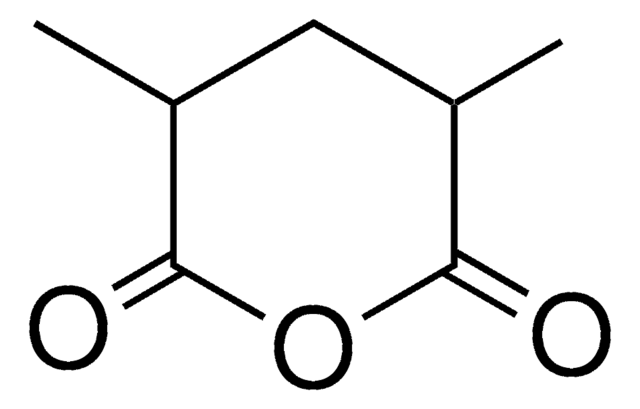176958
Propionaldehyde diethyl acetal
97%
Synonym(s):
1,1-Diethoxypropane
Sign Into View Organizational & Contract Pricing
All Photos(2)
About This Item
Linear Formula:
CH3CH2CH(OC2H5)2
CAS Number:
Molecular Weight:
132.20
Beilstein:
1697731
EC Number:
MDL number:
UNSPSC Code:
12352100
PubChem Substance ID:
NACRES:
NA.22
Recommended Products
Quality Level
Assay
97%
form
liquid
refractive index
n20/D 1.389 (lit.)
bp
122.8 °C (lit.)
density
0.815 g/mL at 25 °C (lit.)
functional group
ether
SMILES string
CCOC(CC)OCC
InChI
1S/C7H16O2/c1-4-7(8-5-2)9-6-3/h7H,4-6H2,1-3H3
InChI key
MBNMGGKBGCIEGF-UHFFFAOYSA-N
Looking for similar products? Visit Product Comparison Guide
Related Categories
Application
Propionaldehyde diethyl acetal was used as a reducing agent in the aerobic epoxidation of alkenes.
Signal Word
Danger
Hazard Statements
Precautionary Statements
Hazard Classifications
Flam. Liq. 2
Storage Class Code
3 - Flammable liquids
WGK
WGK 3
Flash Point(F)
53.6 °F - closed cup
Flash Point(C)
12 °C - closed cup
Personal Protective Equipment
dust mask type N95 (US), Eyeshields, Gloves
Choose from one of the most recent versions:
Already Own This Product?
Find documentation for the products that you have recently purchased in the Document Library.
Customers Also Viewed
Runxian Li et al.
Metabolites, 10(1) (2019-12-28)
Copper (Cu) is widely used in the swine industry to improve the growth performance of pigs. However, high doses of copper will induce cell damage and toxicity. The aim of this study was to evaluate toxicity, bioavailability, and effects on
Co (thd)2: a superior catalyst for aerobic epoxidation and hydroperoxysilylation of unactivated alkenes: application to the synthesis of spiro-1, 2, 4-trioxanes.
Tetrahedron Letters, 44(44), 8135-8138 (2003)
Rita De Santis et al.
PloS one, 6(6), e21075-e21075 (2011-06-28)
We recently reported that the oxidized avidin, named AvidinOX®, resides for weeks within injected tissues as a consequence of the formation of Schiff's bases between its aldehyde groups and tissue protein amino groups. We also showed, in a mouse pre-clinical
Our team of scientists has experience in all areas of research including Life Science, Material Science, Chemical Synthesis, Chromatography, Analytical and many others.
Contact Technical Service











